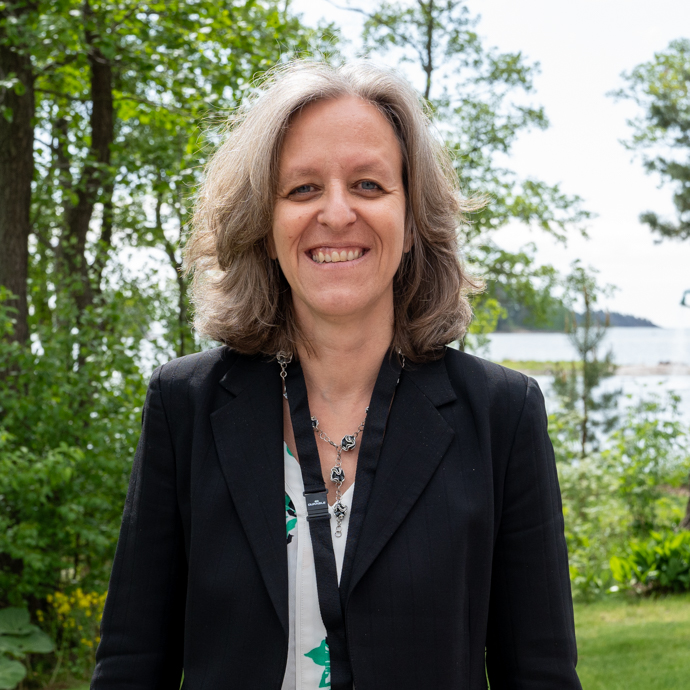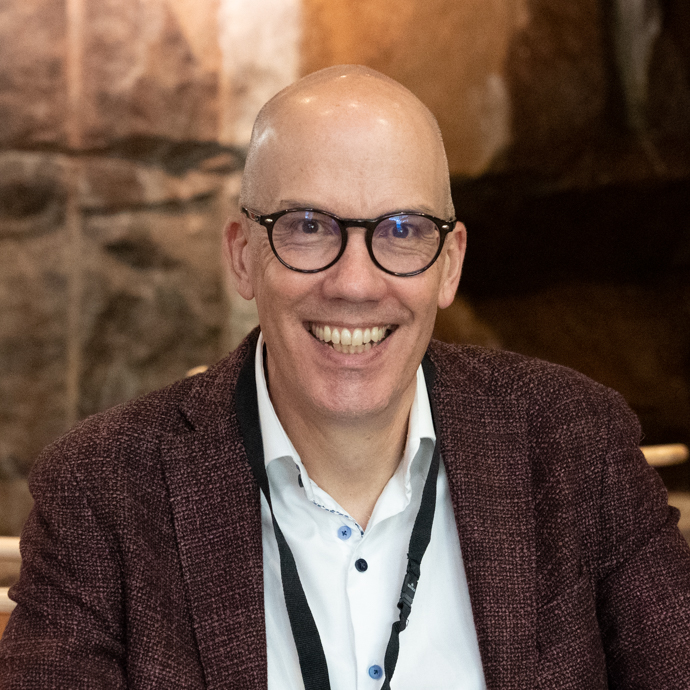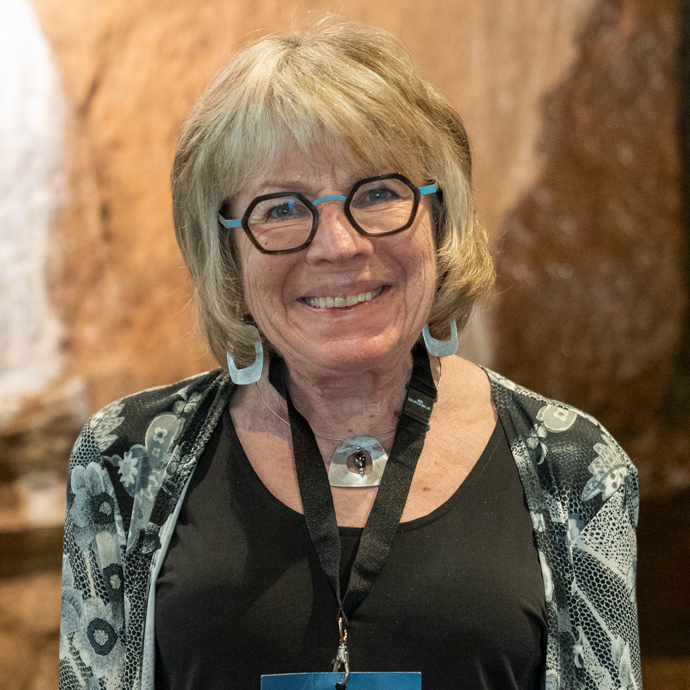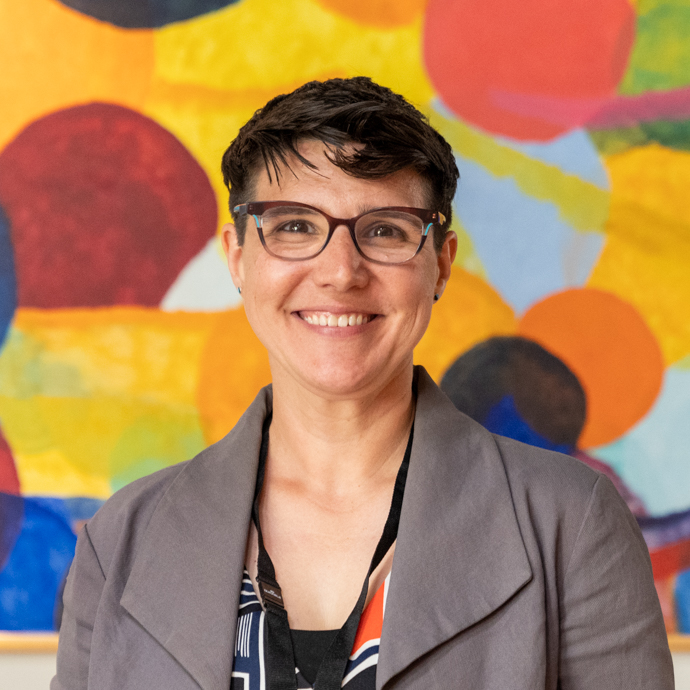This past spring the QUINT Centre held its annual conference and PhD Summer Institute. The topic of this year’s event was teacher-researcher collaboration.
Among the speakers at the four-day summit where four international researchers who have worked extensively on developing different forms of collaboration between researchers and school practitioners.
We asked these researchers how they see the current state of teacher-researcher collaboration, and where they see the field developing into the future.

Rossella Santagata
“I think we're moving in the right direction. I think that we researchers are all realizing and trying to be more sensitive to the complexity of teachers lives’ and that they're not in charge of everything that happens in the classroom. But although we have that sensitivity, I think in the future we need to really think hard about how we do research, both in terms of the questions we may ask, but also the instruments that we use, the tools that we use to capture and measure effectiveness, or even the way that we study teachers’ experiences.
“We need to be creative about capturing more nuances of as opposed to just; ‘it works’ or ‘it doesn't.’ And we need to look at the ‘how,’ because that helps us to continue to improve over time.”

Robert Coe
“I see the balance of power and the initiative moving more towards the teacher. I think there has traditionally been a lot of cooperation, but cooperation mostly led by researchers’ agenda. I think the kind of work we're doing now, and increasingly in the future, is much more led by the schools’ agenda.
“So that's the first criterion that we have to meet; to create something that schools want to use. That puts really different constraints on what you can do as a researcher, because most of the things you'd want to do, you can't because schools don't see the value in it. So you have to look at it the other way. But I think that's actually a really healthy dynamic and a healthy perspective, and I would predict that being much more the norm in the future. I think people are sort of frustrated with the disconnect between these two worlds, and this is one way to try and overcome that.”
Hilde Borko

“I have been working at a different level in the system, not with teachers in classrooms, but with the people who provide professional development.
“One of the things I was struck by at the QUINT conference was that somebody was talking about how when researchers collaborate with professional development people, usually the researcher will facilitate an activity, then the professional development person will facilitate it and the researcher will give them feedback. They never actually co-facilitate.
“What we’re doing in the program I run at Stanford is a little different. The researcher would conduct professional development, then they would co-lead for a while, and then they would co-plan and the professional development leader would lead. That way, when the researcher leaves the system, for example because the funding for the project has ended, there's still something there that we have helped them create that works for them.
“To me, that's a richer kind of collaboration that has much more sustainability. That's the context in which we're working now, and that is where I would like to see more collaboration in the future; the sort of collaboration that has some sustainability, even after the people are no longer working with each other.”

Sarah Kavanagh
“I think one of the interesting places for us to potentially go next is to think about how researchers and teachers can collaborate inside of the decision-making about how to interact with kids in-the-moment. I think there's been a lot of researcher-teacher collaboration around planning and designing instruction and less around the actual facilitation of instruction, and I think that is a promising next horizon for work.”
